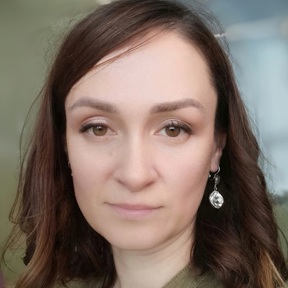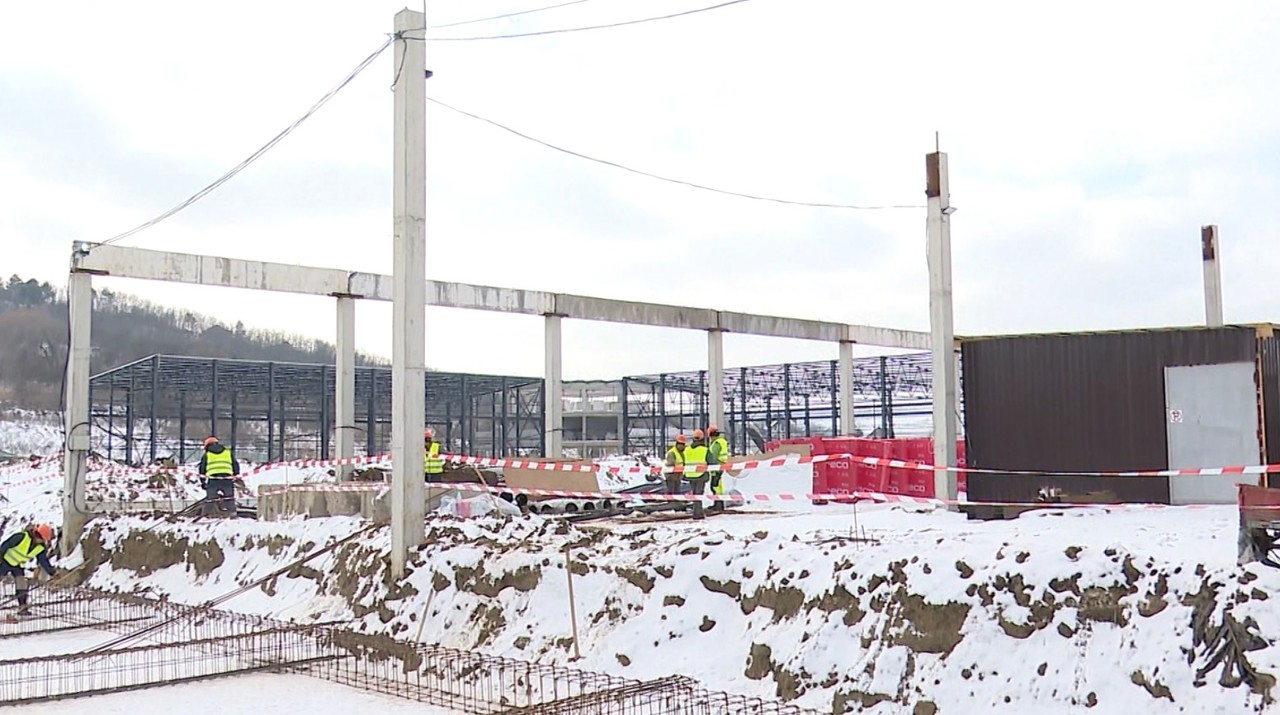Press Review // The main challenge for Maia Sandu in her second presidential term
Publications from the Republic of Moldova comment on the political situation in the second term of President Maia Sandu and make predictions for the next 4 years.

Sworn into office, President Maia Sandu officially begins her second term in a complicated context, marked by the energy crisis and other hybrid threats from the Russian Federation, said political analyst Victor Ciobanu in the show "Zi de zi" on Radio Moldova. "The increase in electricity tariffs, challenges in the energy sector, a potential electricity deficit at the beginning of the year, are situations that must be managed very carefully to avoid a significant disappointment around the parliamentary elections," said the expert. According to Victor Ciobanu, shortly, the Kremlin will act very actively, and all attempts to derail the European vector of the state must be countered to avoid a situation similar to that of Georgia.
Winning the presidential elections, in which Russia was more silent than ever, was just a stage for the current pro-European government in Chisinau. This is the opinion of international relations professor Valentin Naumescu, expressed in an interview for Radio Moldova. According to the expert, forming a pro-Western coalition after next year's parliamentary elections will be an extremely difficult objective to achieve. Valentin Naumescu claims that it will be a tough electoral process, with many challenges, followed in the fall by negotiations to pass 50 percent of the seats in Parliament, without which there is no chance of continuing the European path of the Republic of Moldova.
President Maia Sandu's ability to continue her pro-European foreign policy will directly depend on the configuration of the future Parliament, is the opinion expressed by political analyst Ion Tăbârță, for Radio Chisinau. The political expert warned in this context that a hostile legislative could significantly restrict the head of state's room for maneuver. If there is a majority pro-European parliament, Maia Sandu's mandate will be relatively peaceful, the expert emphasizes, recalling that in her first mandate, she had a parliamentary majority and a pro-Western government. It is not guaranteed that we will have the same situation in the second mandate, which will depend on the results of the parliamentary elections, says Ion Tăbârță.
How the ruling party will manage the energy crisis will play an important role in its parliamentary rating, opined WatchDog expert Andrei Curăraru, quoted by Newsmaker. He believes that currently, the PAS rating is below 30%, which indicates an internal crisis in the party and that "it should deal more with administrative issues and less with political ones." However, in the Republic of Moldova there is a high level of support for European integration, which shows that it will be more difficult for anti-European parties to form a parliamentary majority, said the political analyst.
Maia Sandu has a difficult task: by the end of her second term, to complete negotiations with the EU, making European integration irreversible, so as not to repeat the Georgia scenario, writes Newsmaker. The publication recalls that the president does not have many legal powers, the Republic of Moldova being a parliamentary republic. Parliament is the highest representative body and the only legislative body of power. Doctor of Political Science Angela Colațchi says, quoted by NewsMaker, that Maia Sandu is limited not only by powers, but also by time. Both she and other representatives of the current government have promised Moldova's accession to the EU by 2030. Maia Sandu's second mandate will end at the end of 2028, which si why, negotiations for EU accession should be completed by then. This objective can only be achieved if the next Parliament is pro-European and the external situation is favorable, concludes Angela Colațchi, quoted by News Maker.






